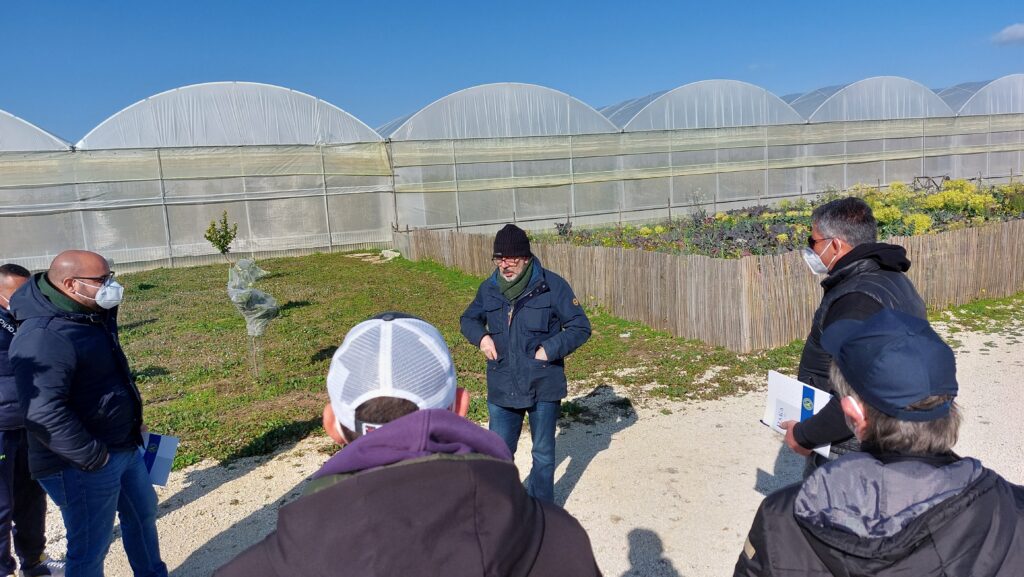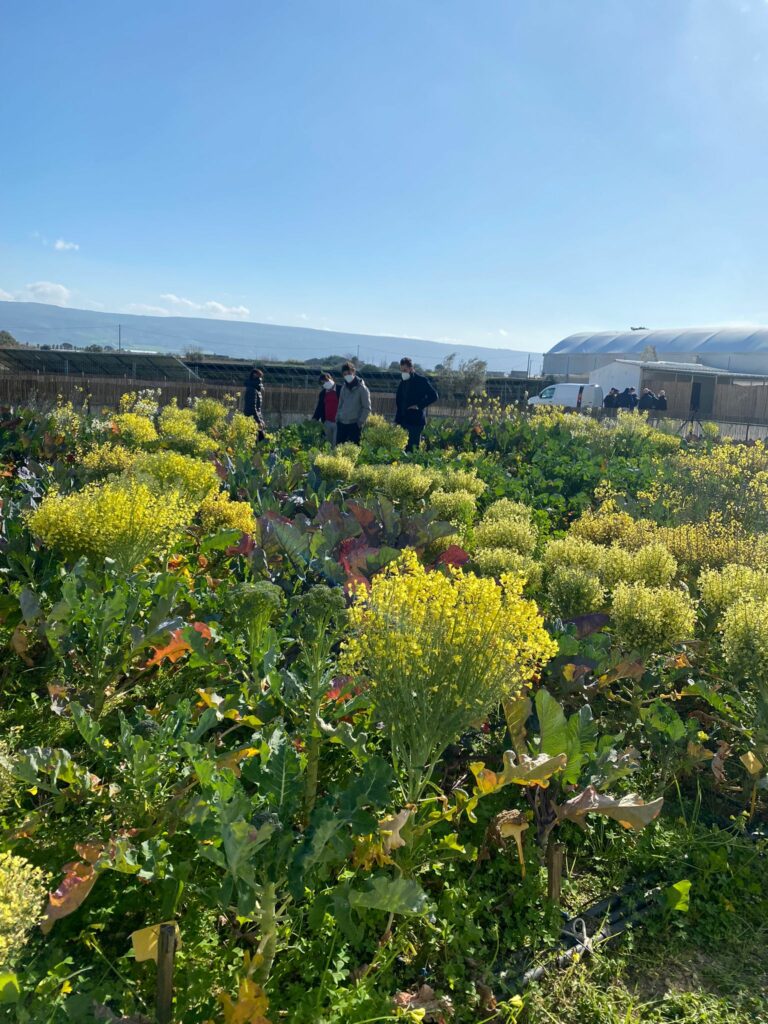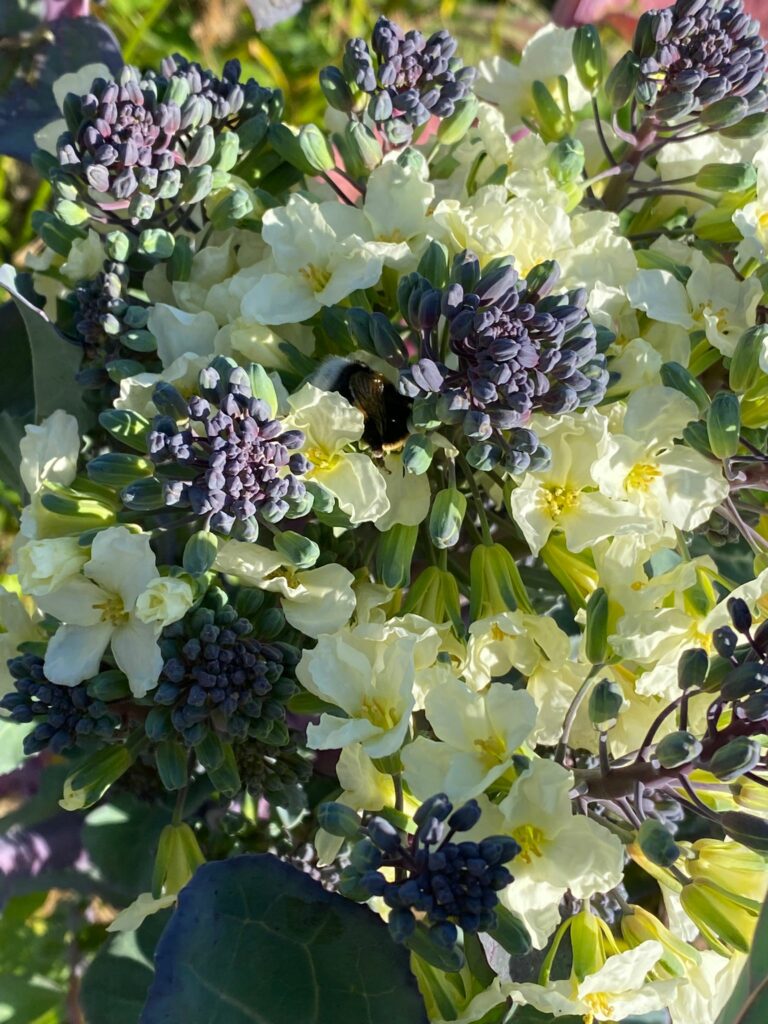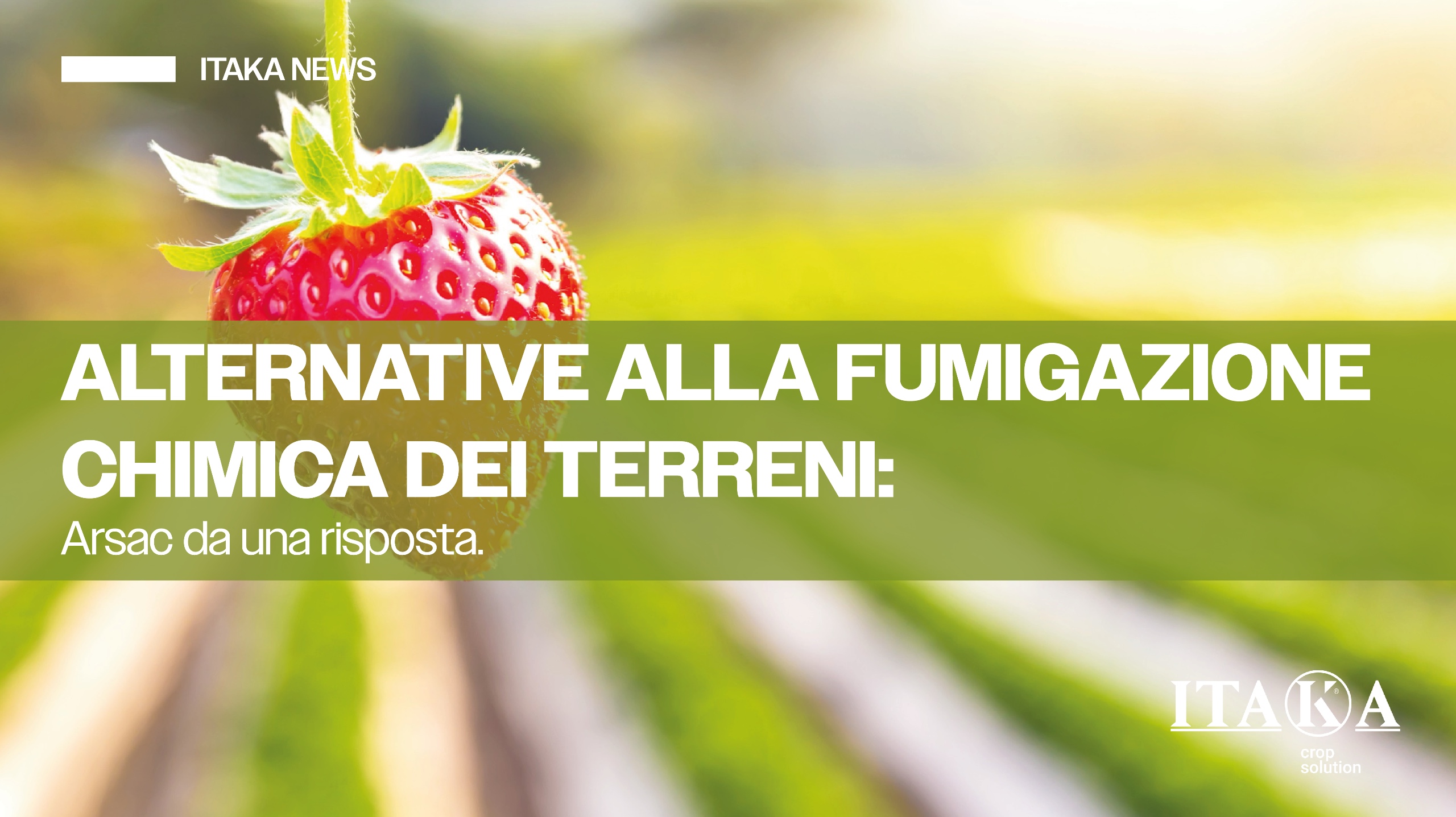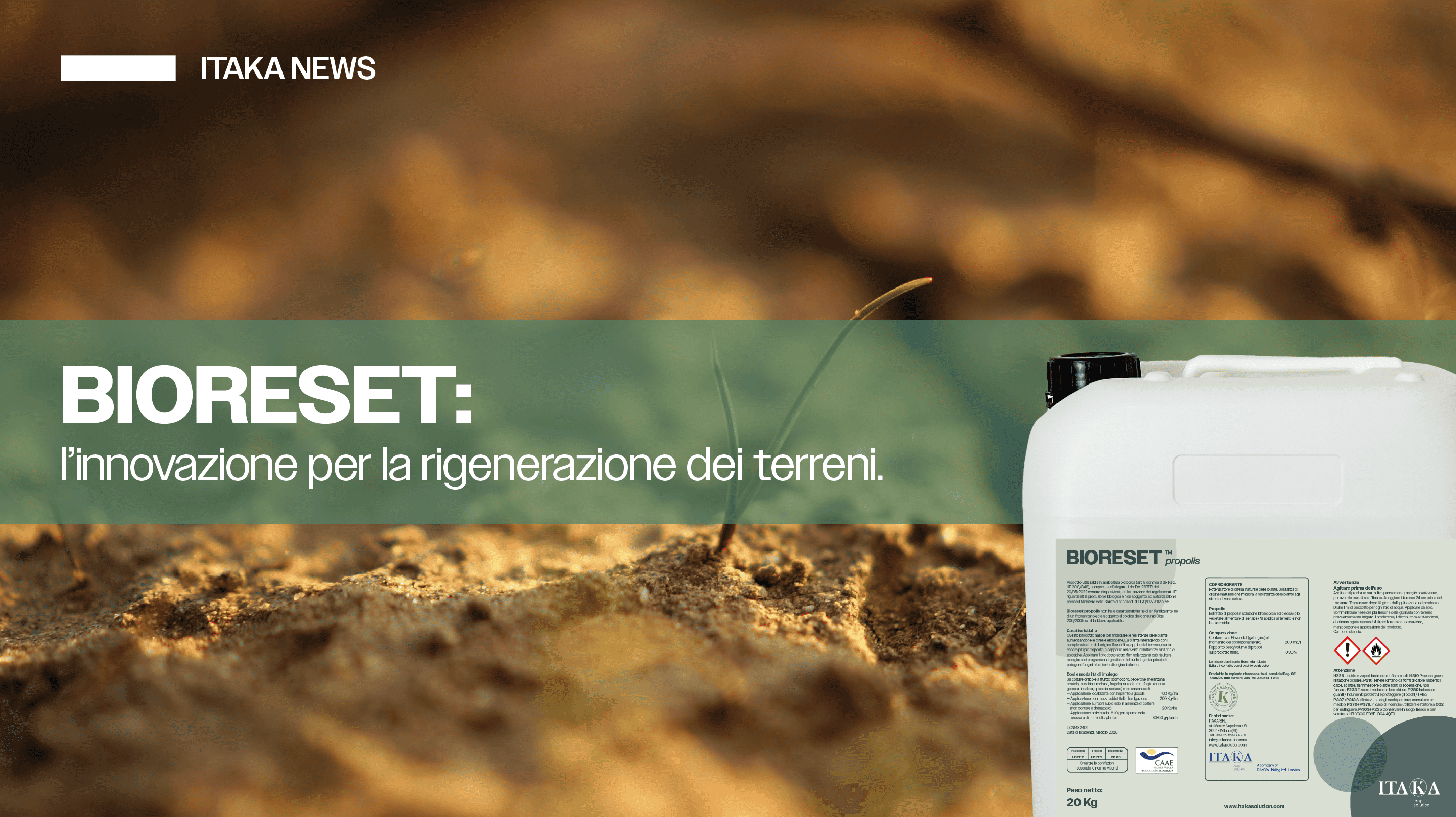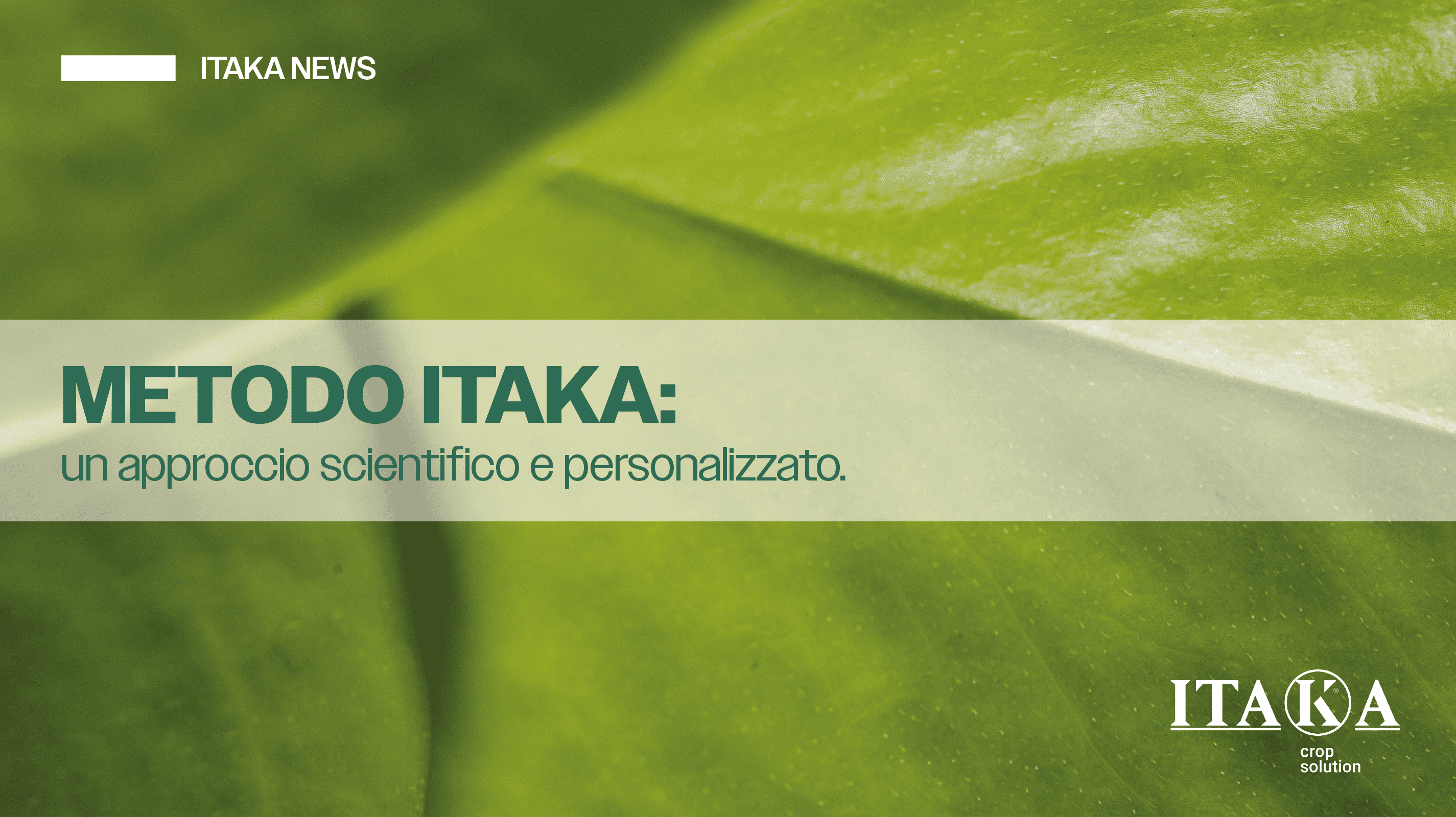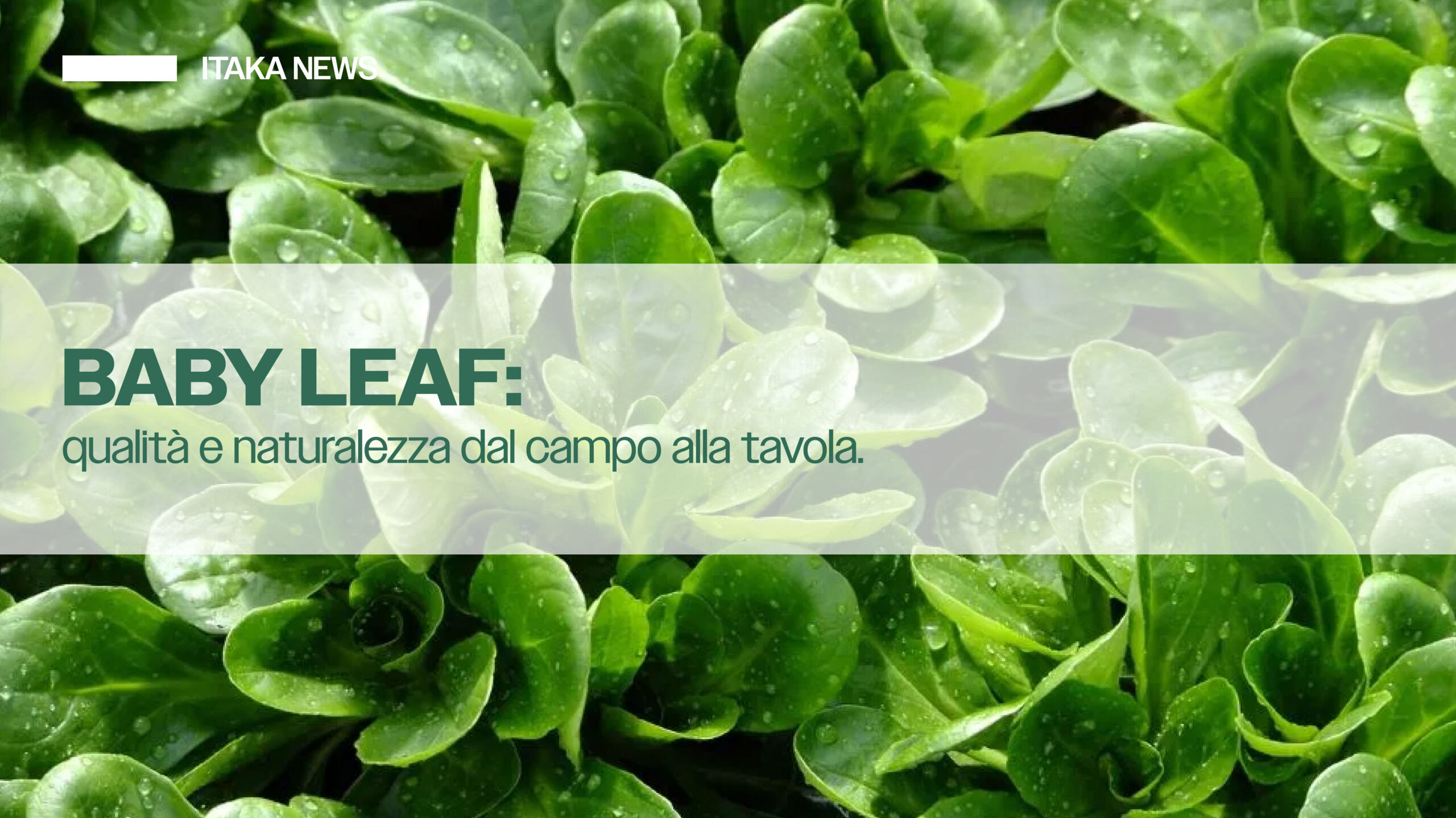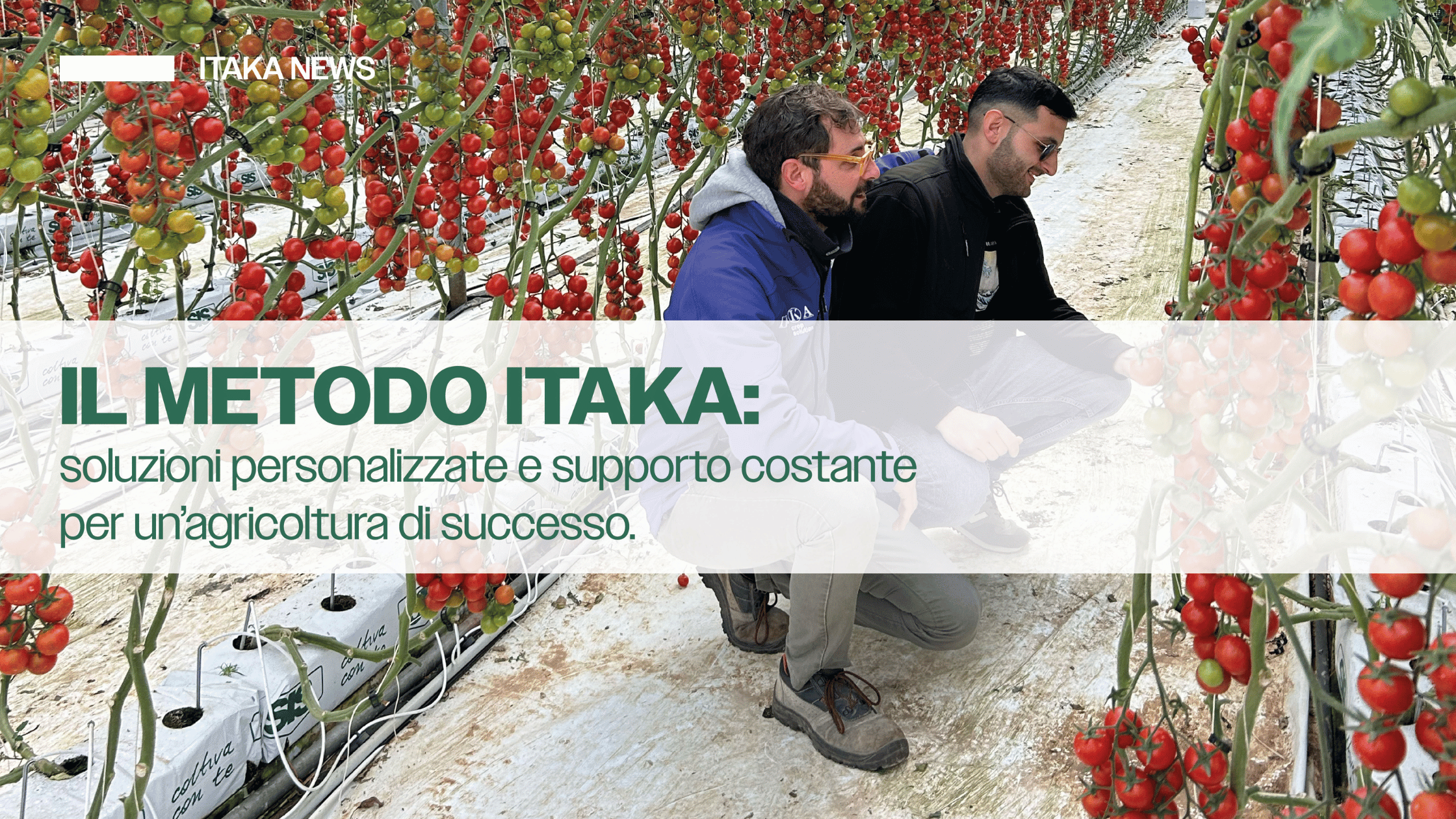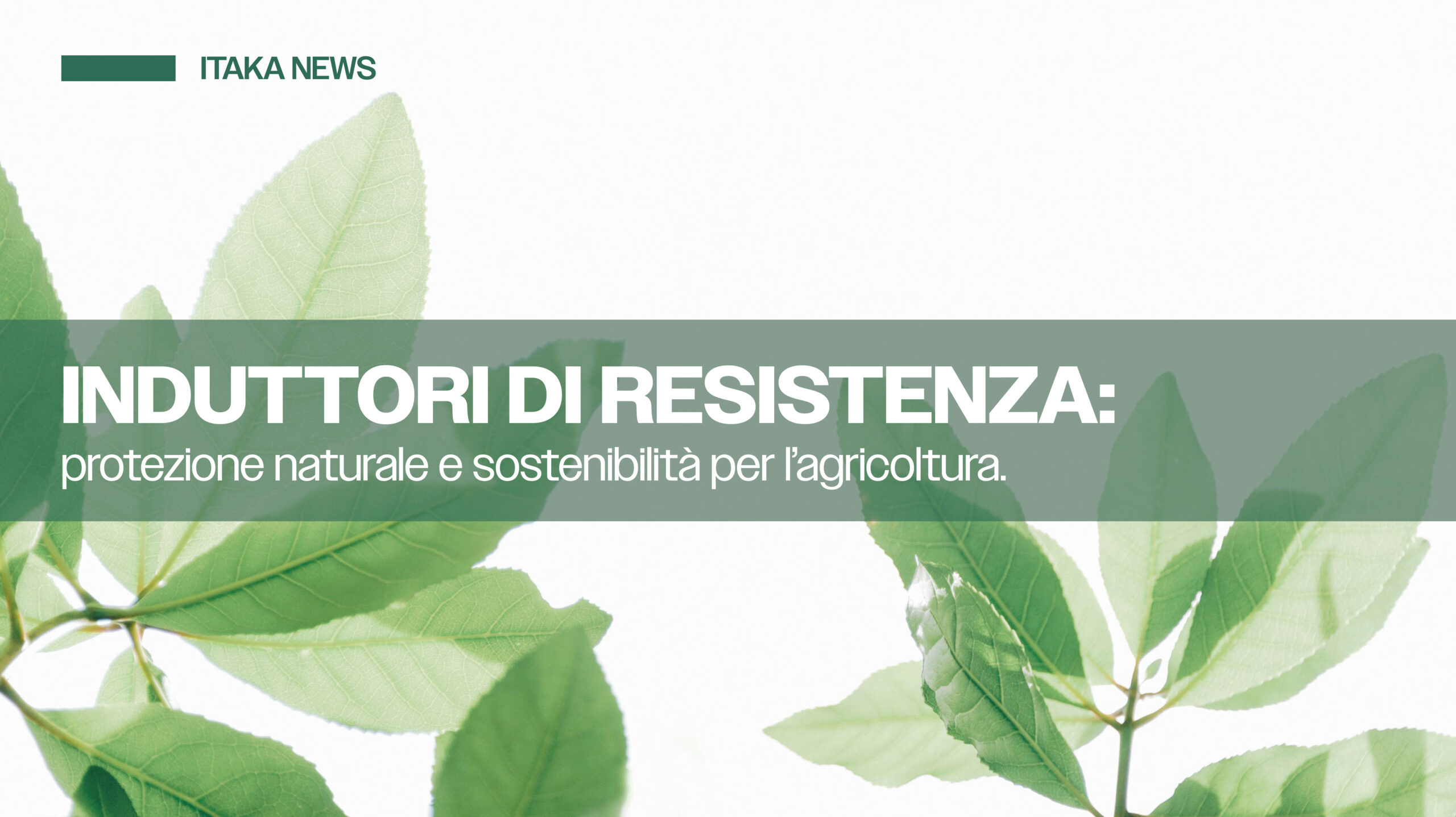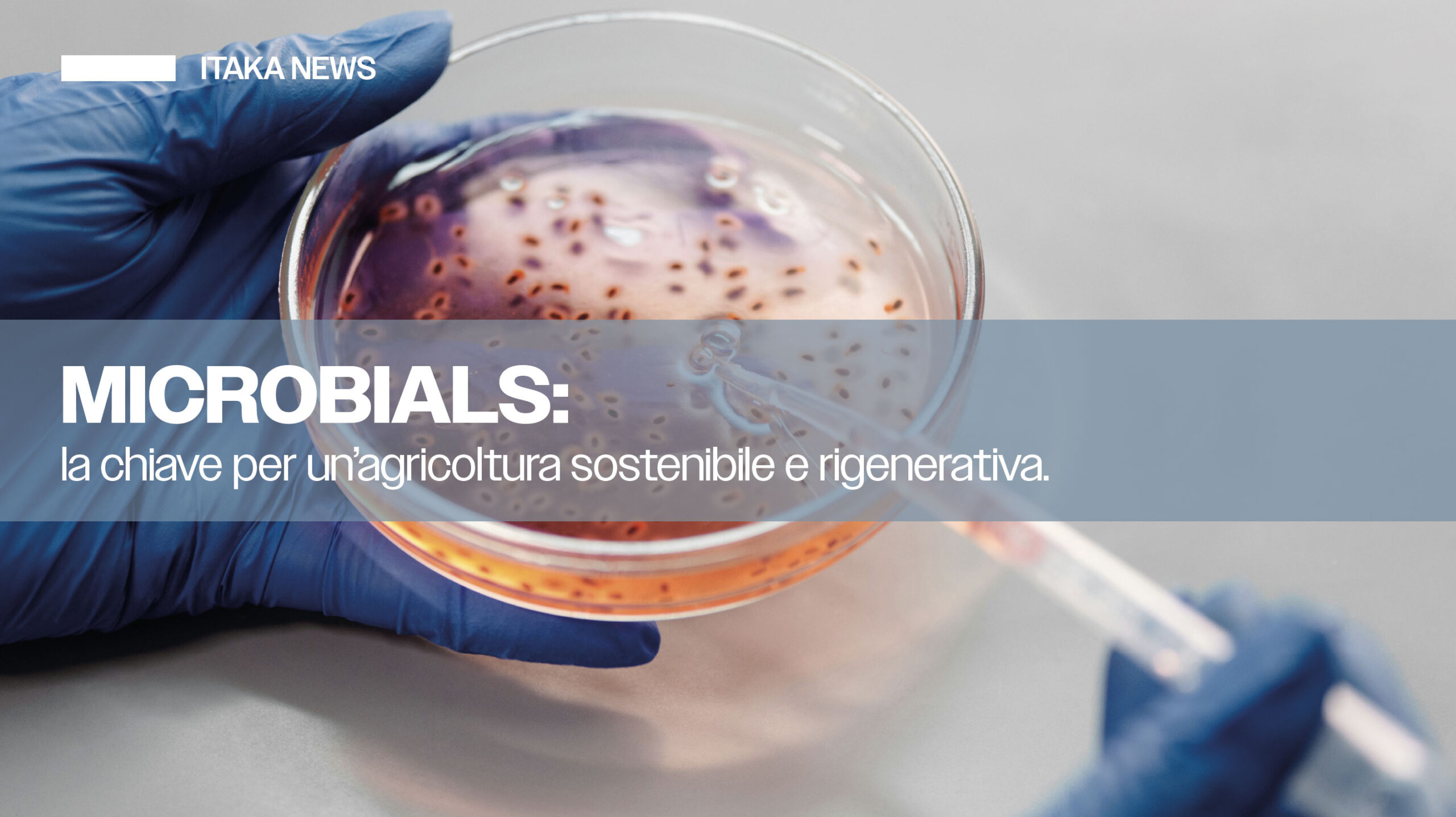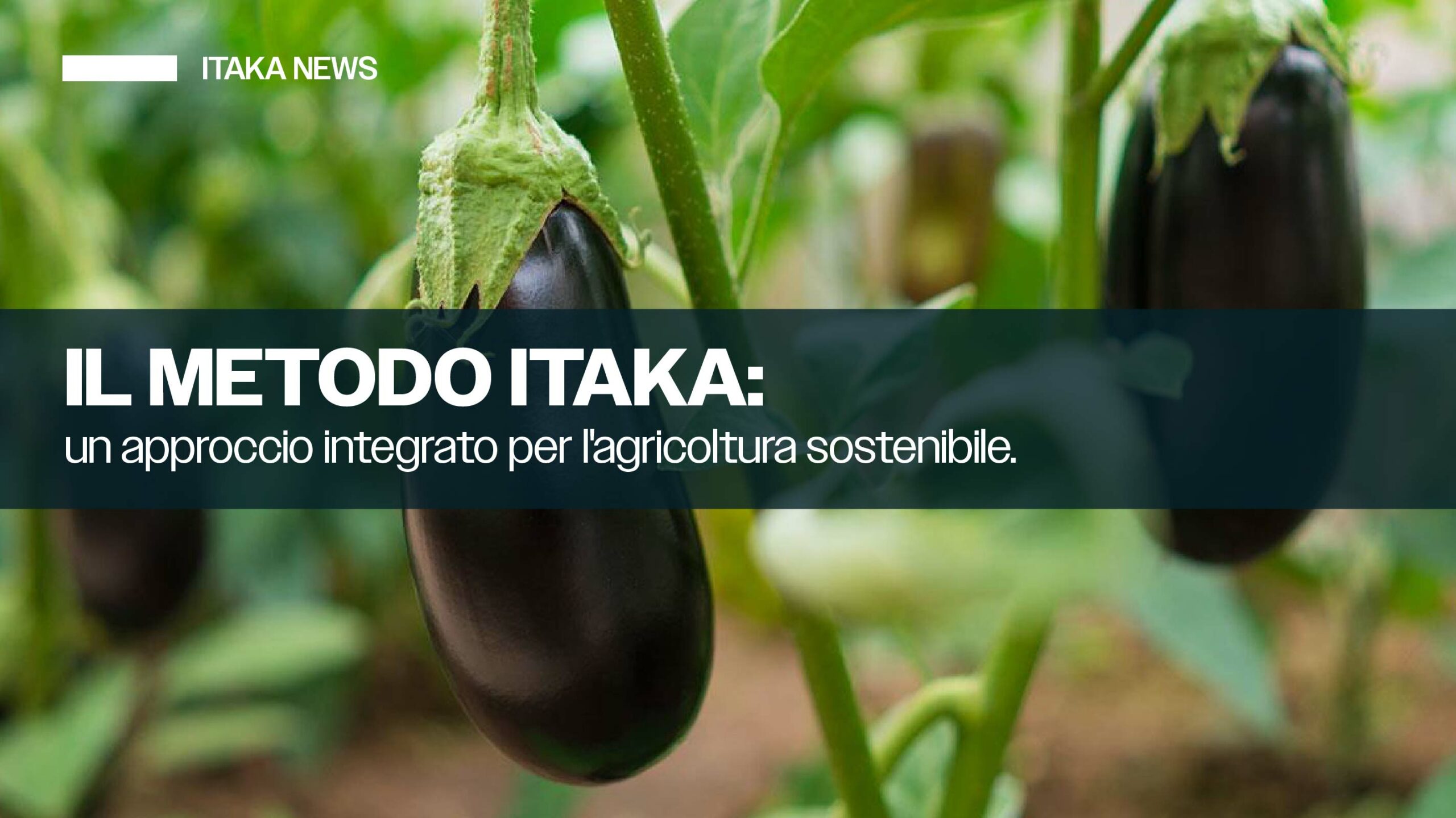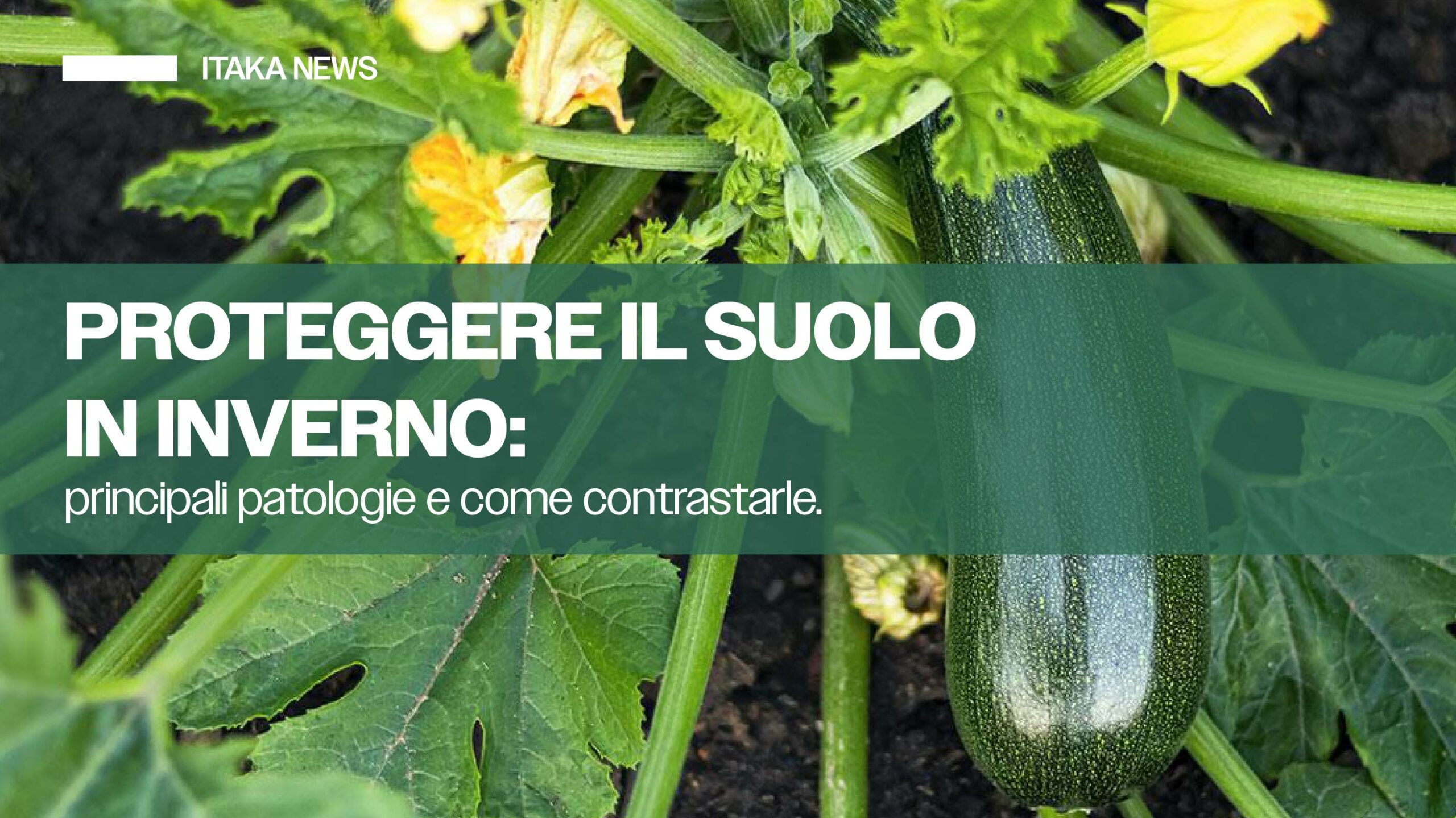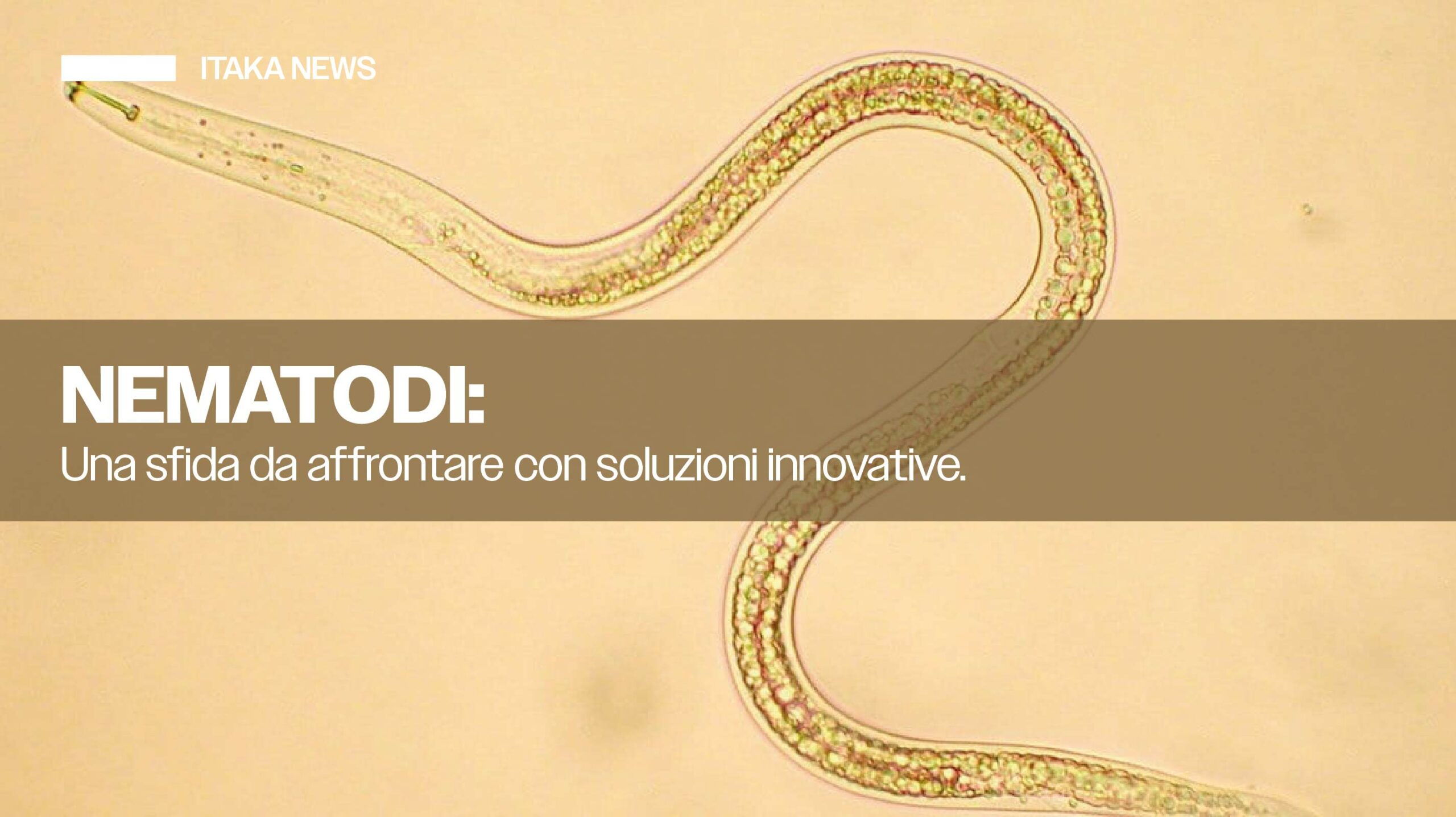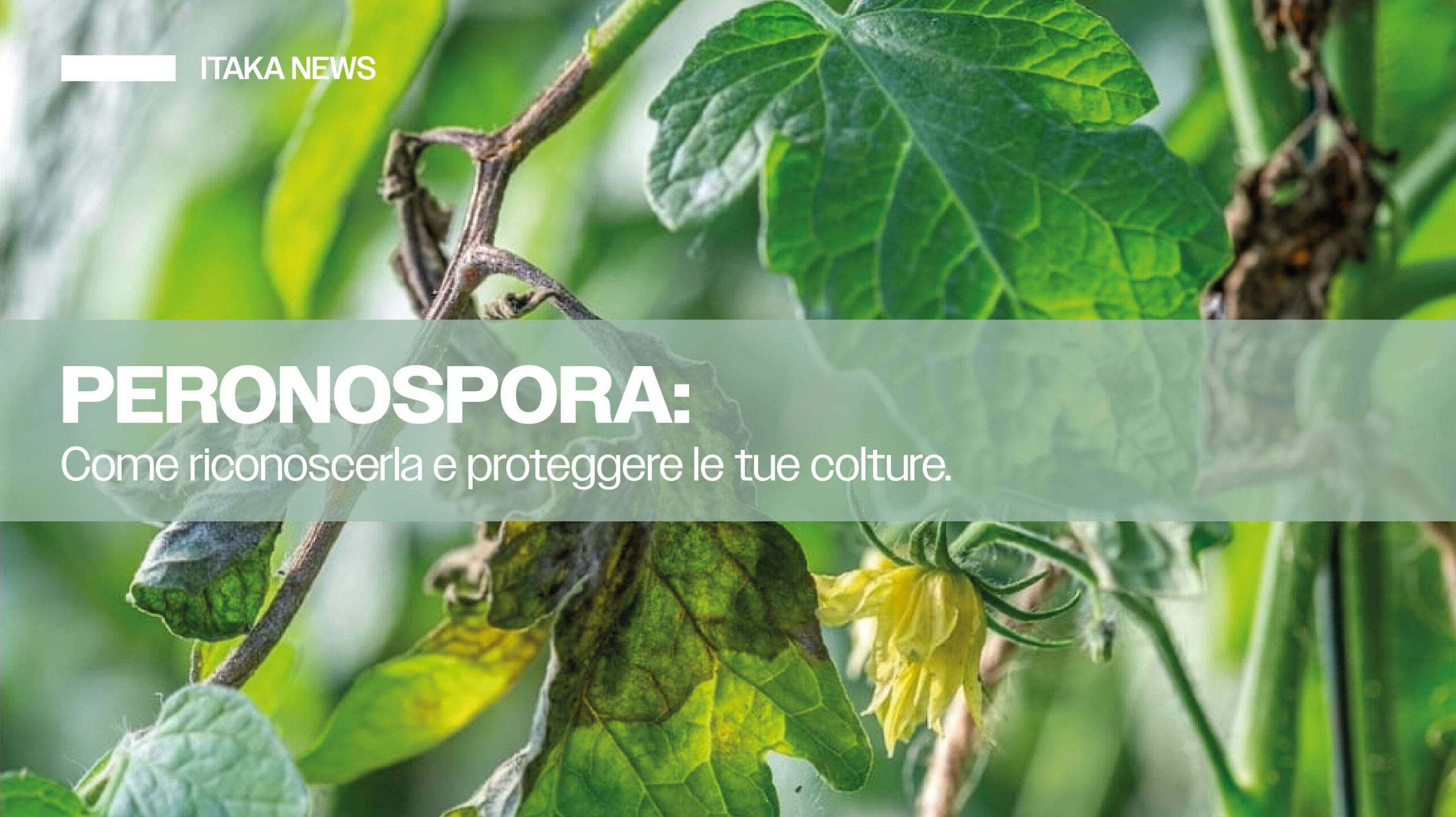Interaction plant-microbiomE in organic farming
Itaka has become a specialist in the development of microorganisms which interact with plants and soils. The reason for this Open day is to introduce Itaka’research facilities at the heart of the activity necessary to the creation of new solutions (R&D pole).
Why this evolution:
- Healthy plants require healthy soils.
- Soil fatigue is a major concern and the reduction in the number of conventional solutions creates a technical vacuum.
- To balance soils requires working on the regeneration, vitality and quality of the soil.
We need to work on the microbial composition of the soil and provide farmers with the latest solutions fruit of a rapidly evolving field of research (traits, interaction, registration).
Today we will talk about the relationship between PLANT and SOIL through the work we developed in relation with research:
- The microbiome: set of microorganisms present in the soil and the interaction between them (IGCEB is a major player in this field).
- The BRESOV project: genetic selection suitable for organic farming and interaction with microorganisms (UNICT is leading this EU project).
- ITAKA tests on the use of microorganisms in the prevention of soil pathogens.
Our work is changing and the agronomist is increasingly involved with decision support to the farmer who needs information such as:
- analyses (soil, plant, …)
- programs (nutrition, protection, …)
- genetics (rotation, resistance, …)
- systems (live information, precision farming, …)
It will need to include knowledge of the microbiome.
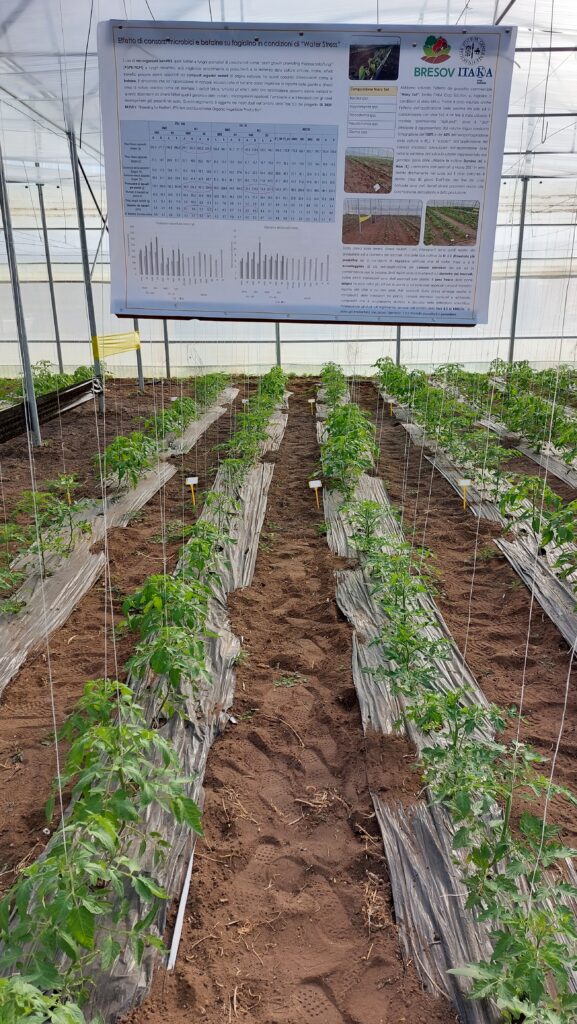
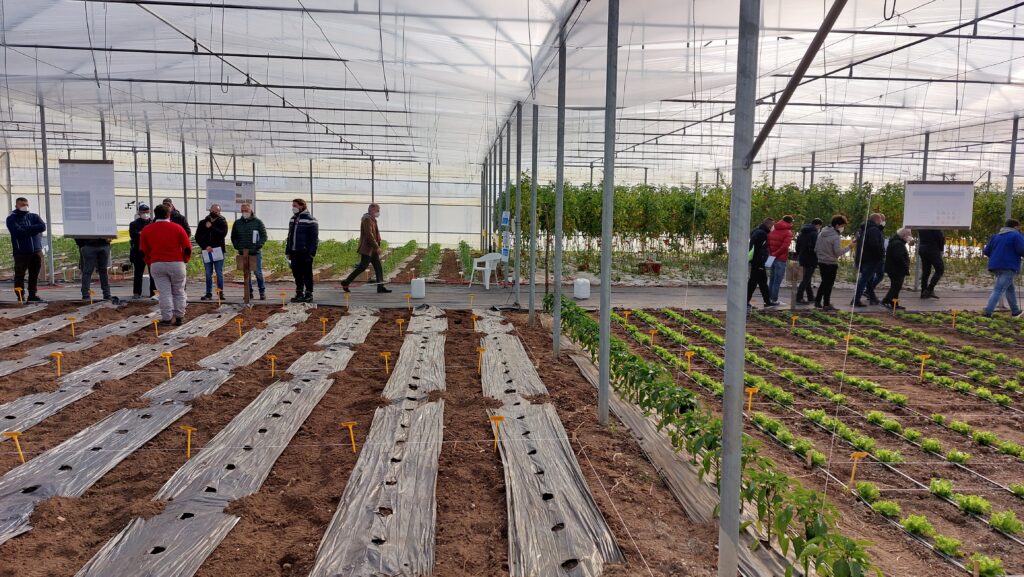
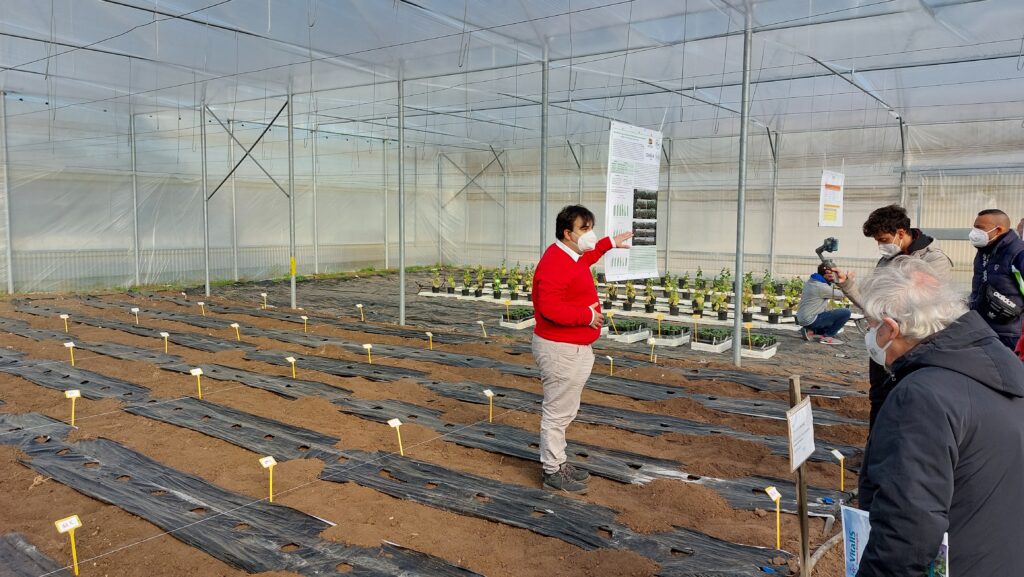
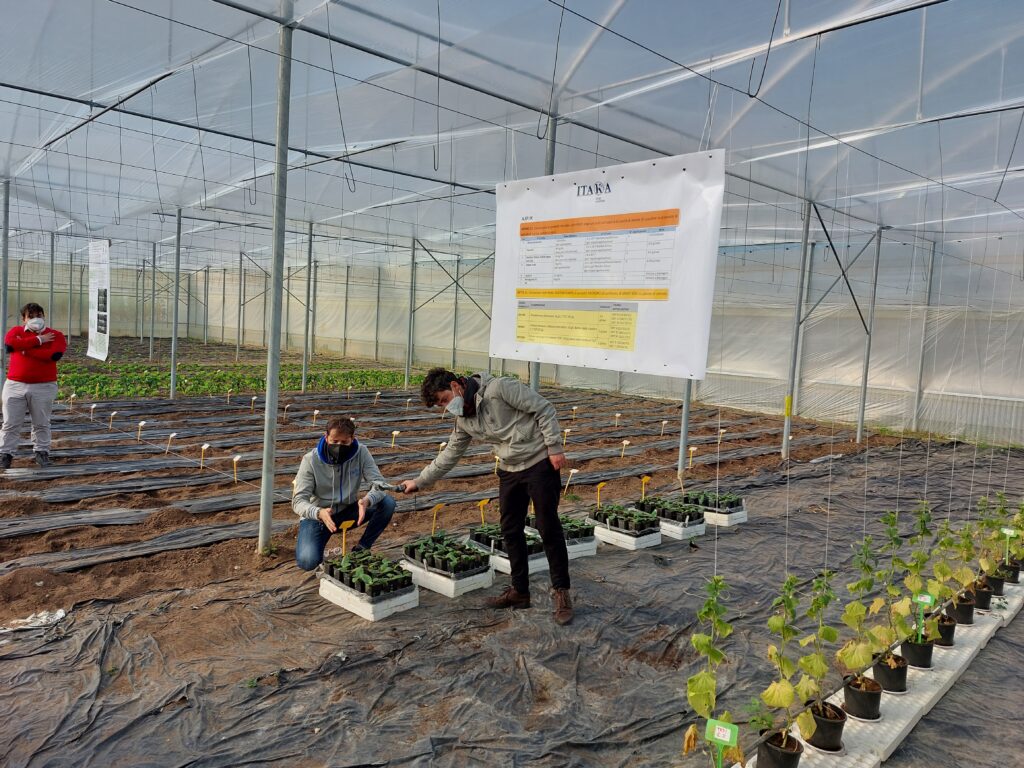
microbiomE
The Itaka R&D pole integrates collaborations with research on the vitality of soils.
ICGEB is an international facility specializing in the microbiome and interaction with soils and plants.
Soil biodiversity refers to diversity of soil types, contents and fertility.
We need to integrate microbial activity. In addition to nutrition, soil health has to be measured and parameters defined.
ICGEB works on the methodology to measure soil DNA, in order to map soils in function of their state of microbial equilibrium.
This information will be used by the agronomist in field assessments and in information to support the farmer’s decisions.
BRESOV: Project part of UE Horizon 2020
Organic farming is a reality in vegetable production. Even if we have the technical bases for the development of organic farming, we are still in a transition phase.
Importance is given to the soil, often damaged by years of intensive farming with the use of products with a high environmental impact, and to the microbiome, directly related to soil health.
Part of the evolution should include the evaluation of local specificities in terms of traits and varieties, especially in Sicily where we have great genetic and varietal diversity as part of the switch to organic farming.
Bresov is an EU Project and includes 22 partners.
The goal is to study the genetic diversity of 3 crops (tomato, broccoli, green bean) looking for traits adapted to organic farming, by integrating genes and characteristics of local or spontaneous varieties.
It has highlighted genetic resistances interesting in situations of organic farming, including agronomic and microbiotic parameters.
The market requires organic seeds to produce organic food. In the transition phases, suitable varieties are needed to allow the integration of natural solutions and zero-residue production.
